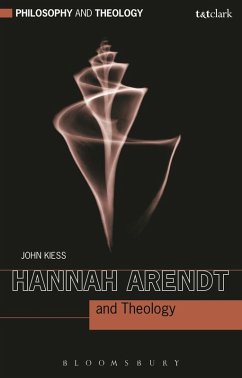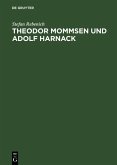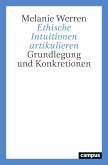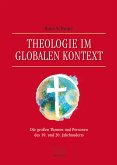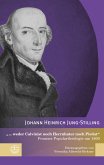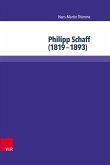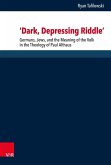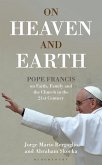Hannah Arendt is regarded as one of the most important political philosophers of the twentieth century. Famous for her account of the banality of evil, her wide-ranging work explored such themes as totalitarianism, the Holocaust, statelessness and human rights, revolutions and democratic movements, and the various challenges of modern technological society. Recent years have seen a growing appreciation of her complex relationship to theological sources, especially Augustine, the subject of her doctoral dissertation and a thinker with whom she contended throughout her life. This book explores how Arendt's critical and constructive engagements with theology inform her broader thought, as well as the lively debates her work is stirring in contemporary Christian theology on such topics as evil, tradition, love, political action, and the life of the mind. A unique interdisciplinary investigation bridging Arendt studies, political philosophy, and Christian theology, Hannah Arendt and Theology considers how the insights and provocations of this public intellectual can help set a constructive theological agenda for the twenty-first century.

